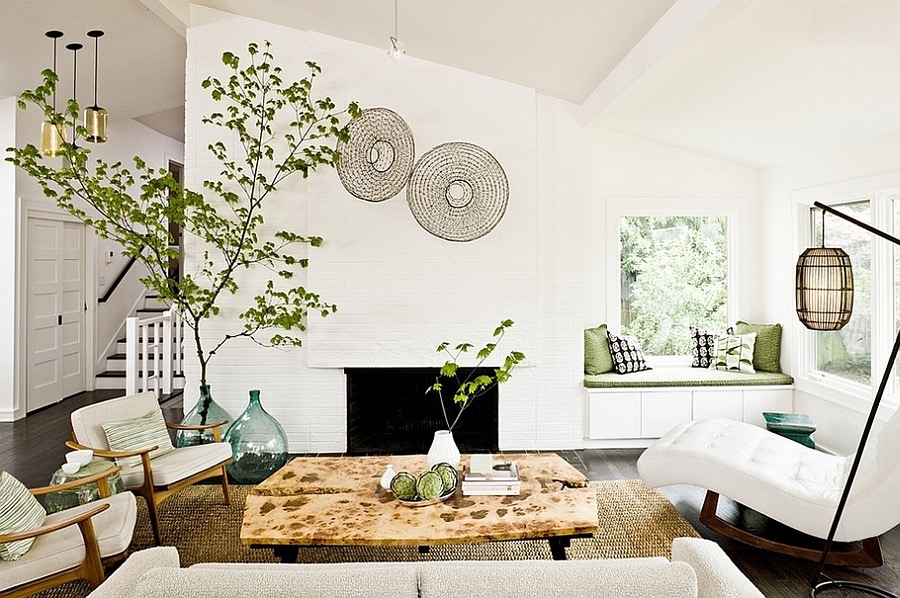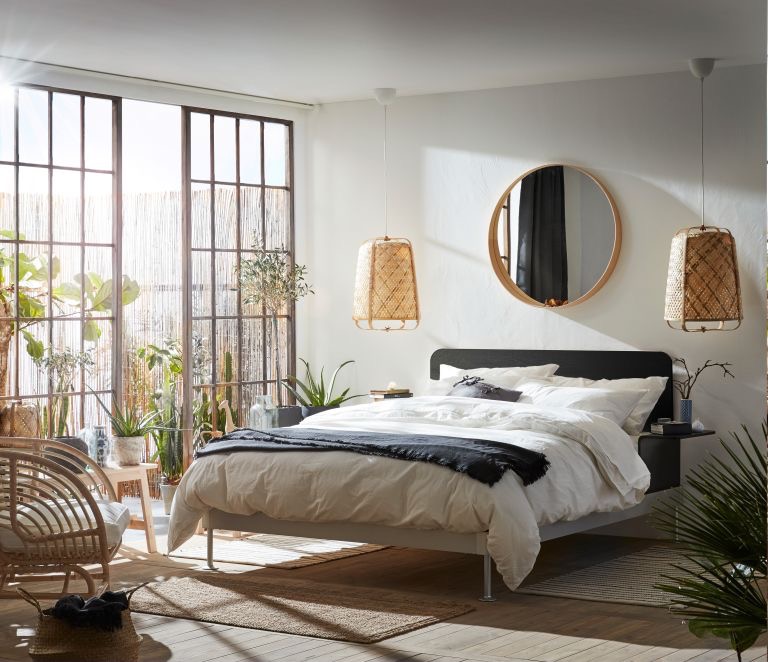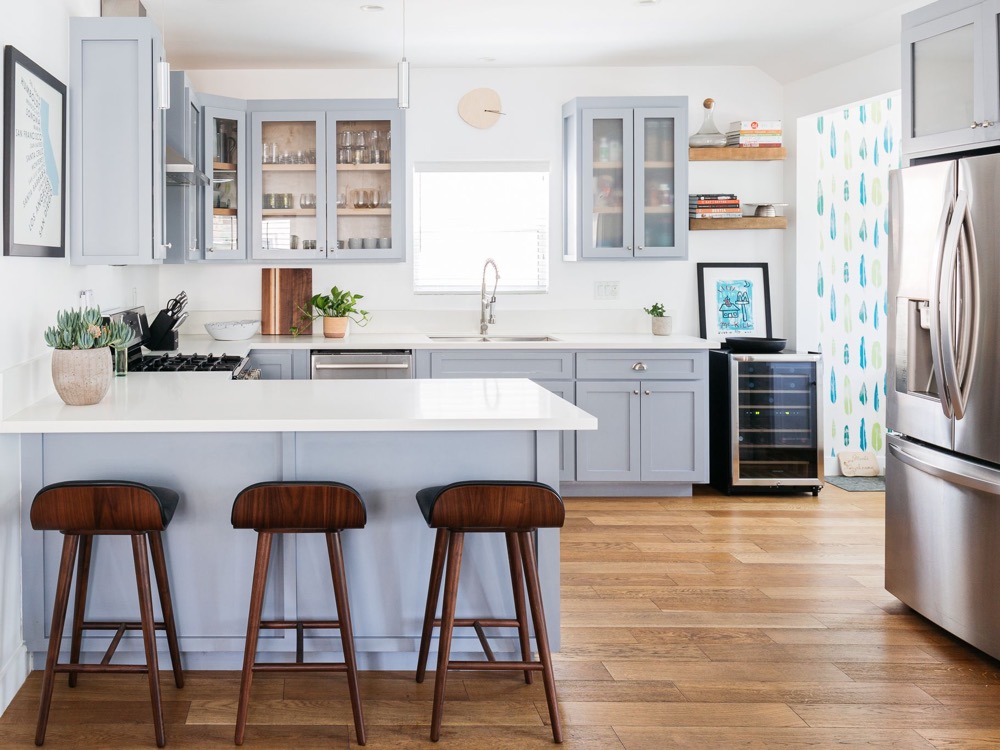Share
In uncertain times such as these, one could use as much positivity as one can get. So if you’re in the mood for a little redecorating, you may be interested in incorporating a bit of Feng Shui (Fūng Shwā) into your home design plans.
Feng Shui is an ancient Chinese philosophy that aims to create balance and harmony with the natural world. This is done through the practice of arranging pieces in the home to harness natural energy. Qi (Chi) is the energy in question and can be classified as either auspicious qi or negative qi, depending on how the energy is allowed to flow within the space. Here are a few simple tips to help increase the presence of auspicious qi in your home.
Living Room
The living room is referred to as the internal bright hall in this practice and is classified as the space immediately after the main entrance. This area is important for the collection of qi as it is the first space it meets. Therefore, it is best to keep this area spacious and clutter-free to allow space for prosperous energy to accumulate. Also, as the name suggests, your bright hall should be brightly lit. Open up the curtains and blinds to let in some natural light. If your living space doesn’t get a lot of sunlight, using bright artificial lights will also work well here.
Bedroom
The bedroom should be designed to cultivate feelings of rest and relaxation; stagnant negative qi does not allow for this. So again, we need to ensure this area stays clutter-free, paying close attention to areas like your nightstands and under your bed. These areas should remain as clear as possible (except for small things on the nightstand like a lamp or picture frame), so the energy can flow freely in the space. Having clutter in these areas can also clutter your mind and disrupt your sleep.
While you’re decluttering your bedroom, be sure to take away all electronics from the space. A bedroom is a place for rest, not work, so having things like a computer or laptop in your resting space may encourage you to do otherwise. Also, the blue light from our TVs and tablets makes falling asleep difficult as well. Another thing to keep in mind when designing your bedroom is bed placement. The headboard of your bed should be placed against a solid wall rather than against a window to promote restful sleep. The bed should not be directly in front of the door but should have a clear line of sight to the door to see when someone enters the room. The placement of identical or similarly sized nightstands on either side of the bed also works well, as the symmetry will increase the presence of good qi.
Kitchen
Similar to the living room, the kitchen should be well lit. Natural light from a window or skylight is always best, but some lovely bright overhead lights will work just fine here. After brightening the space, the next step is to declutter yet again. The first thing to take off your countertop is the knife holder. Knives should be stored away in drawers, not out on the counter, as they symbolise poison arrows (probably shouldn’t display those). Another item that should be stored in a drawer, if possible, is the trash bin, as it is a major clutter zone. Finally, you may want to decorate your counter or island with a bowl of fresh fruit as this promotes health and abundance, but be sure to replace any rotting fruit as soon as possible.
Bathroom
Unfortunately, the bathroom is not a place for cultivating much auspicious qi. It is more seen as the place you dump negative energy. Nevertheless, we still need to pay close attention to this room to avoid not letting all our other hard work go to waste. Our job here is to keep all the bad energy contained in the bathroom. We do this by simply remembering to put down the toilet seat and always keeping the bathroom door closed.
In all, these tips and tricks are not too hard to apply within the home, and they’re coupled with the possibility of bringing more prosperity and abundance into your life – why not give it a try? The practice of Feng Shui can get pretty complex the more you look into it, and this is just a broad overview. However, the two key tips you can take from this are the less clutter, the better, and symmetry is key. If you’re still skeptical on whether or not Feng Shui is for you, I’d say you won’t know until you try. In the end, you still get a clean and inviting space to call home, so really, there’s nothing to lose.







